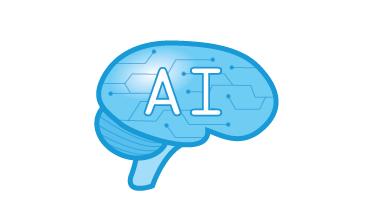Josh Hug
Josh Hug (Bio needed)

This course will introduce the basic ideas and techniques underlying the design of intelligent computer systems. A specific emphasis will be on the statistical and decision-theoretic modeling paradigm. By the end of this course, you will have built autonomous agents that efficiently make decisions in fully informed, partially observable and adversarial settings. Your agents will draw inferences in uncertain environments and optimize actions for arbitrary reward structures. Your machine learning algorithms will classify handwritten digits and photographs. The techniques you learn in this course apply to a wide variety of artificial intelligence problems and will serve as the foundation for further study in any application area you choose to pursue.
CS 61A or 61B: Prior computer programming experience is expected (see below); most students will have taken both these courses.
CS 70 or Math 55: Facility with basic concepts of propositional logic and probability are expected (see below); CS 70 is the better choice for this course.
This course has substantial elements of both programming and mathematics, because these elements are central to modern AI. You should be prepared to review basic probability on your own if it is not fresh in your head. You should also be very comfortable programming on the level of CS 61B even though it is not strictly required.
CS61A AND CS61B AND CS70 is the recommended background.
Josh Hug (Bio needed)
(Bio needed)